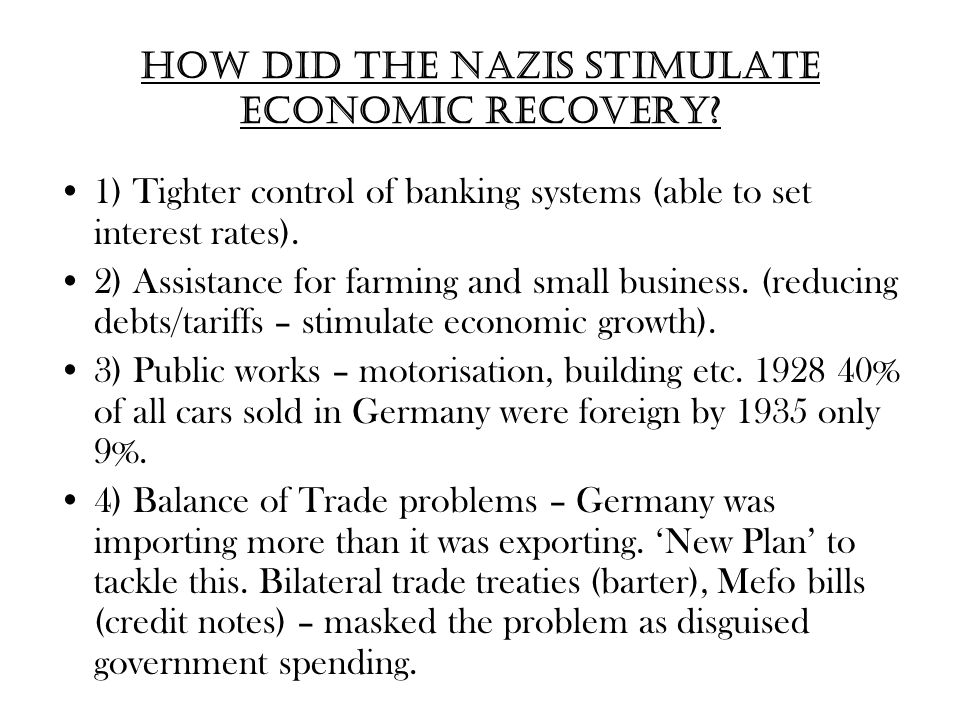
The term "social market economy" was coined by one of German chancellor Ludwig Erhard's close associates, economist Alfred Mueller-Armack, who served as secretary of state at the Economics Ministry in Bonn from 1958-63. Mueller-Armack defined social market economy as combining market freedom with social equity, with a vigilant regulatory regime to create an equitable framework for free market processes. The success of the social market economy made the Federal Republic of Germany the dominant component in the European Union. Focusing on the social aspect, Erhard himself shied away from praising free markets. He felt that social rules of the market-economy game must be adhered to as a precondition in order to prevent unbridled pursuit of profit from gaining the upper hand.
More @ Asia Times

I know little of national socialism, but rather than "assisting" business, it'd be ideal to reduce business taxes to zero, except for use taxes.
ReplyDeleteConsumers should be taxed instead. And if it's wanted to focus on the rich, then tax them more.
Both the income tax and consumption taxes could be focused on the wealthy in such a way that business investment is not hindered.
A death tax could also be implemented, above some amount so as not to harm small businesses.
But I do not like directly "aiding" businesses with subsidies. That could lead to corruption.
It's common politically to direct funds to one's supporters and allies, but I don't like that in the ideal.
Different environments call for different actions though of course. Russia seems to work by Putin favouring domestic allies economically, and maybe Russia has no other choice in its current environment (foreign threats).
But I do not like directly "aiding" businesses with subsidies. That could lead to corruption.
DeleteSeems much we do leads to corruption.